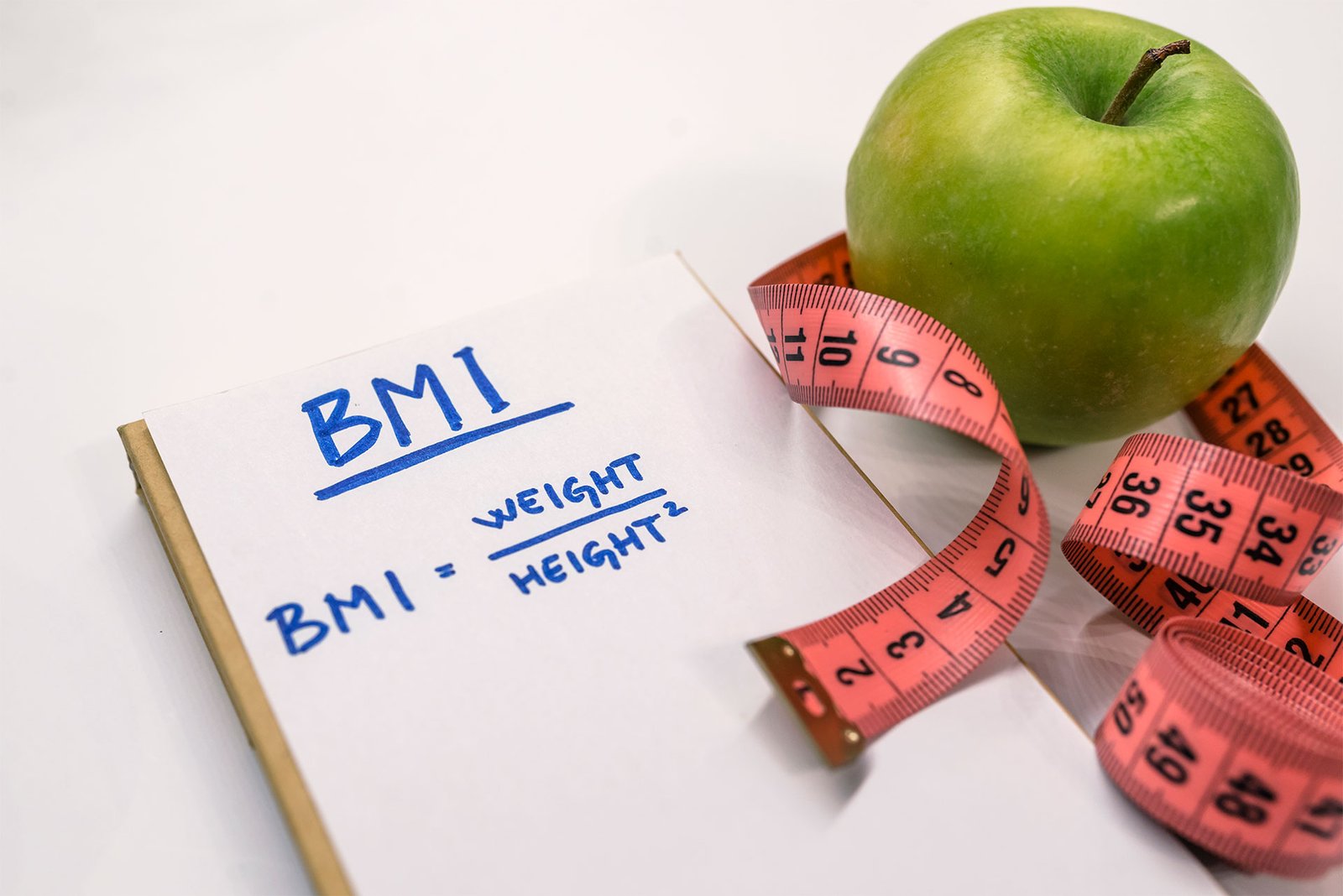When it comes to losing weight, the internet is flooded with advice—some helpful, some misleading. Many people fall victim to myths that not only fail to deliver results but can also harm long-term health. To help set the record straight, we’ve gathered insights from nutritionists, fitness trainers, and medical experts to debunk five of the most common weight loss myths.
Myth #1: Carbs Make You Fat
The Truth: Carbohydrates have long been blamed for weight gain, but not all carbs are created equal. According to registered dietitian Dr. Lisa Young, “Complex carbs like whole grains, vegetables, and legumes are packed with fiber and nutrients that support digestion and satiety.” It’s refined carbs—like white bread and sugary snacks—that cause blood sugar spikes and may lead to fat storage.
Expert Tip: Instead of cutting carbs, focus on choosing high-fiber, unprocessed carbs that keep you full and energized.
Myth #2: You Have to Starve Yourself to Lose Weight
The Truth: Extreme calorie restriction can slow down your metabolism and cause muscle loss, which is counterproductive. “Your body needs fuel to burn fat,” explains fitness coach Jake Thompson. “When you eat too little, your body shifts into survival mode and holds onto fat.”
Expert Tip: Aim for a modest calorie deficit combined with regular exercise for sustainable fat loss.
Myth #3: Eating After 8 PM Causes Weight Gain
The Truth: Weight gain isn’t about when you eat—it’s about what and how much you eat over a 24-hour period. Nighttime eating only contributes to weight gain if it leads to excess calories. “Late-night snacking often involves mindless eating of high-calorie junk food,” says nutritionist Emily Rivera.
Expert Tip: If you’re truly hungry at night, choose a light, protein-rich snack like Greek yogurt or a boiled egg.
Myth #4: Cardio Is the Only Way to Lose Weight
The Truth: While cardio burns calories, it’s not the only or even the most effective way to lose weight. “Strength training builds lean muscle, which boosts your resting metabolic rate,” says personal trainer Alex Monroe. A mix of resistance training, cardio, and flexibility work offers the best long-term results.
Expert Tip: Incorporate 2–3 days of strength training into your weekly routine to complement your cardio workouts.
Myth #5: All Calories Are Equal
The Truth: While calorie balance is important, the quality of those calories matters. “100 calories of almonds will affect your body very differently than 100 calories of soda,” explains Dr. Young. Whole foods provide nutrients and keep you full, while processed foods can spike blood sugar and increase cravings.
Expert Tip: Focus on nutrient-dense foods—vegetables, lean proteins, healthy fats, and whole grains—for lasting energy and weight management.
Final Thoughts
Sustainable weight loss doesn’t come from fads or starvation—it comes from balance, education, and long-term healthy habits. By letting go of these outdated myths and following science-backed advice, you’ll set yourself up for not just weight loss, but better overall health.
Remember: Progress takes time. Be patient, stay consistent, and trust the process.




Pingback: Understanding Gut Health: Why It Matters More Than You Think - SuperfitLife
Pingback: How to Build a Sustainable Fitness Routine That Sticks - SuperfitLife
Pingback: The Science Behind Intermittent Fasting: Does It Really Work? - SuperfitLife
Pingback: Postpartum Weight Loss: Reclaiming Mother Body After Birth